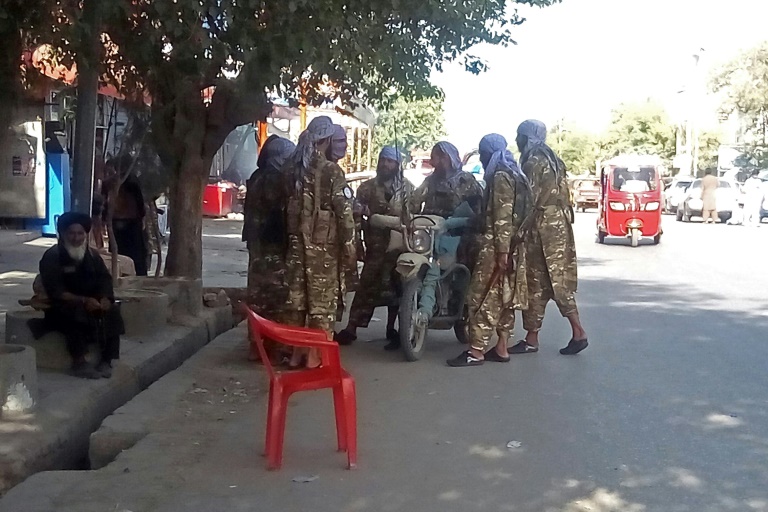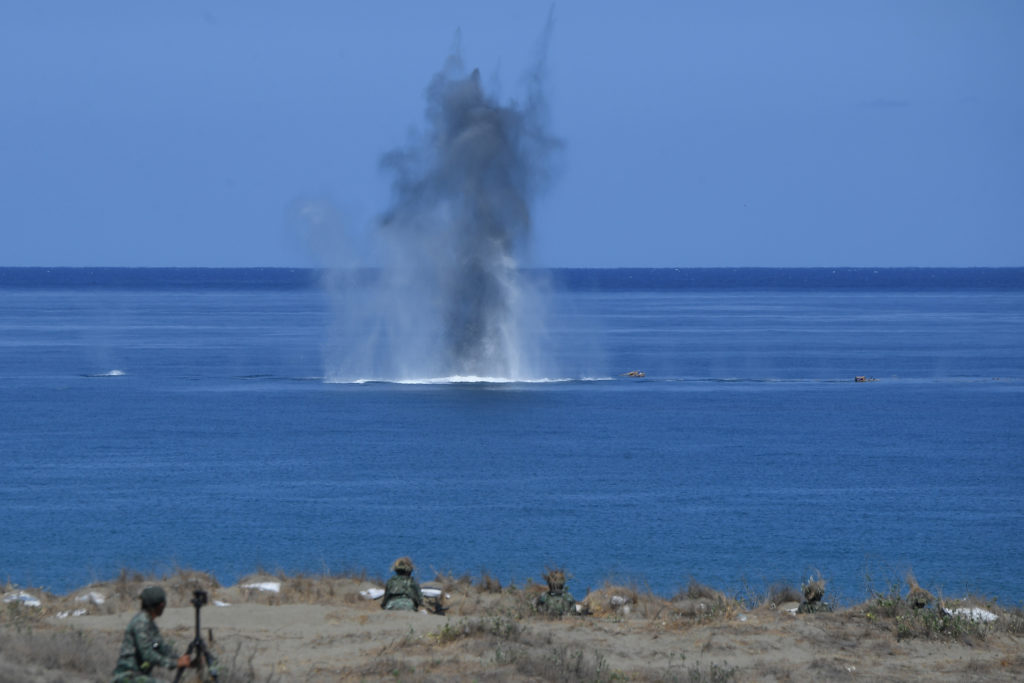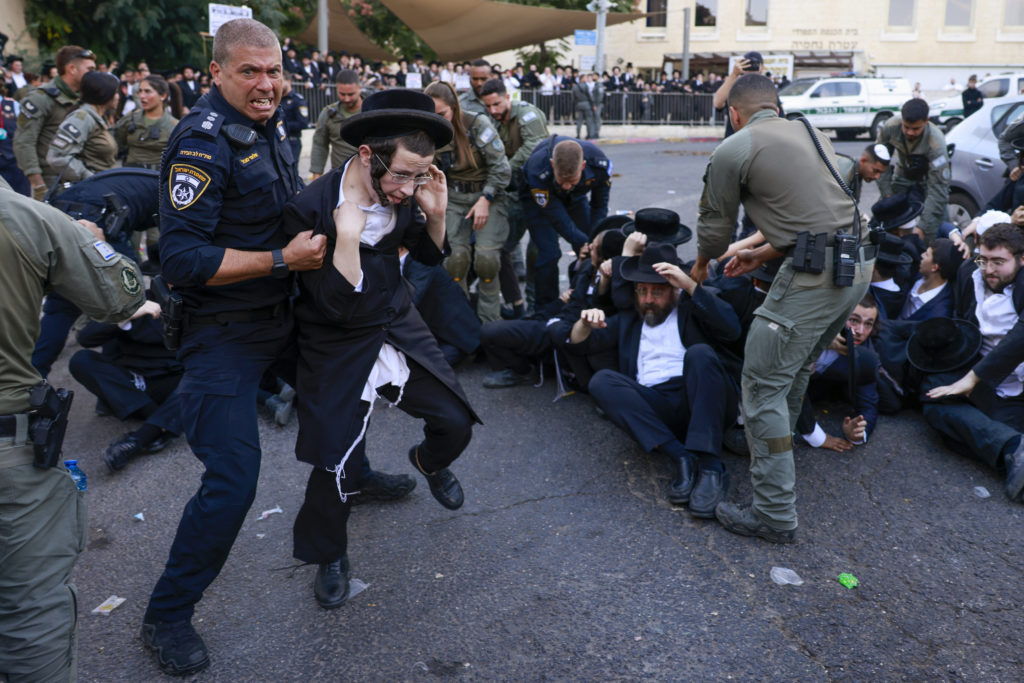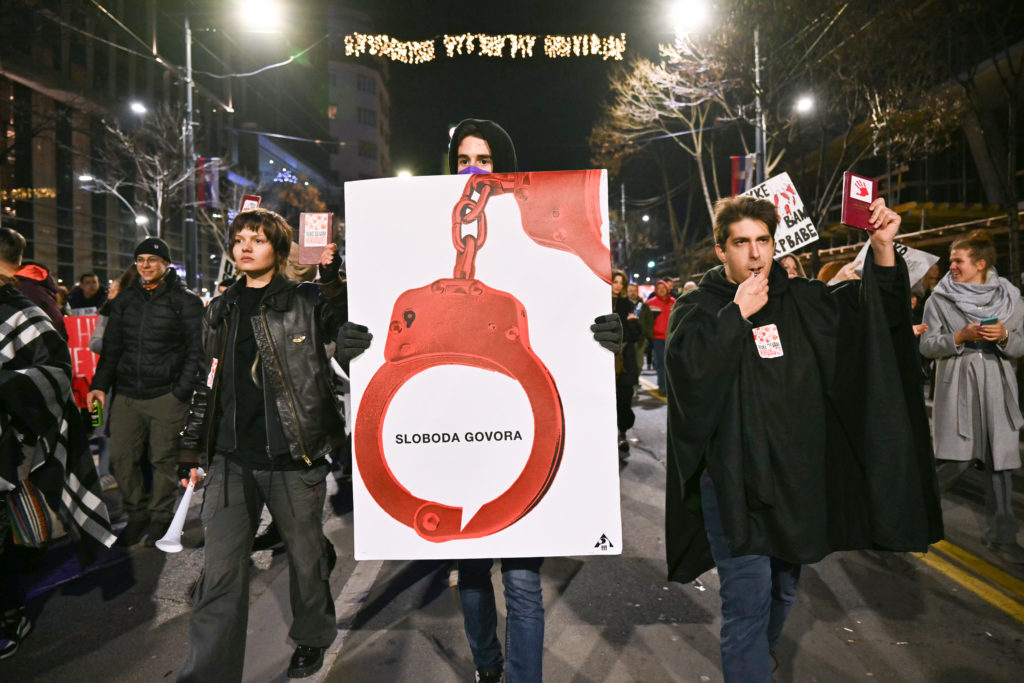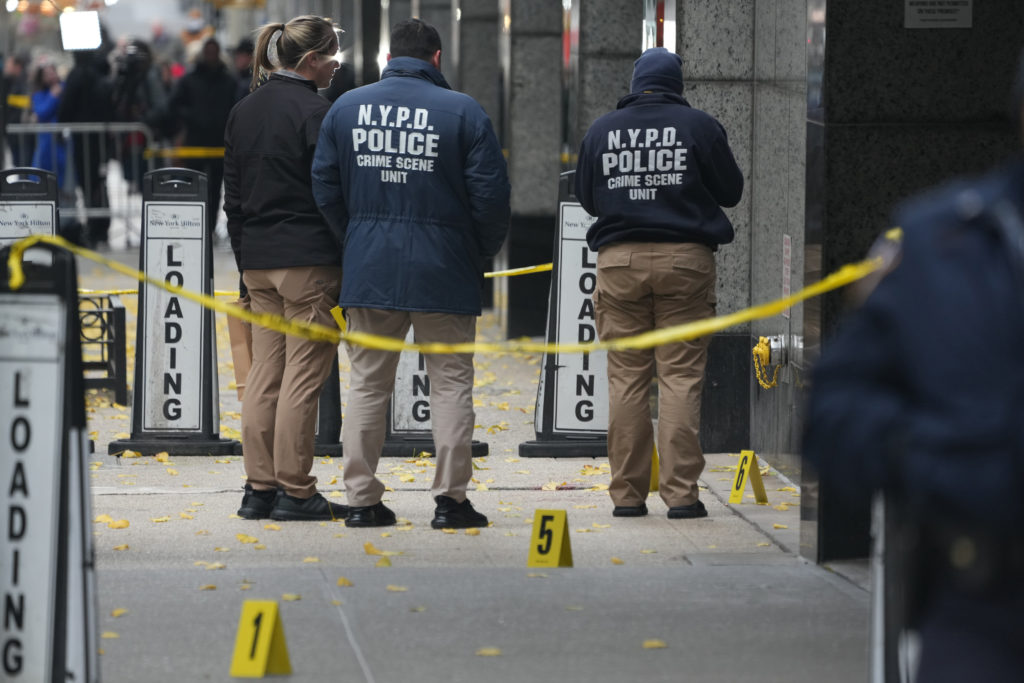As residents of Kunduz fled the northern Afghan city in fear for their lives this week, its Taliban captors were all smiles.
One bearded fighter patrolling the city, clad in camouflage with a gun slung over his shoulder, beamed ear-to-ear as he offered a friendly handshake to an arm extended from a car window.
Buoyed by a foreign troop withdrawal that is due to end later this month, the hardline Islamist group’s rank-and-file have flooded the streets of Kunduz after capturing it in a rapid advance on Sunday.
It is one of nine provincial capitals that have fallen to the insurgents in the last week — some without a fight — in a lightning offensive that has seen mostly northern population centres fall like dominoes.
Fighters in militant garb now police the city on the backs of motorcycles or humvees taken from the overrun Afghan forces, while others pose for photographs with captured weaponry.
Reprisals against former government workers, summary executions, beheadings, and kidnappings of girls for forced marriages are just some of the horrors recounted by those who have escaped the city since the takeover.
“We saw bodies lying near the prison… there were dogs next to them,” said Friba, 36, a widow who fled Kunduz Sunday with her six children as the Taliban took over.
Like many who spoke to AFP, she asked not to be fully identified for fear of reprisal.
Another evacuee from Kunduz, Abdulmanan, told AFP the Taliban beheaded his son.
“They took him… as if he was a sheep and cut off his head with a knife and threw it away,” he said.
AFP had no way of independently verifying these reports and the Taliban deny committing any atrocities in the territory they control.
Shops in Kunduz’s markets were left blackened and burnt out by the fighting between Afghan forces and the Taliban.
– ‘Fear in their eyes’ –
During their first stint in power — from 1996 until their toppling by US-led forces soon after the September 11, 2001 attacks — the Taliban earned notoriety for a strict interpretation of Islamic law that punished even petty crimes with public floggings and executions.
The Taliban captured Kunduz — capital of the province of the same name — in two brief offensives in 2015 and 2016, before Afghan forces heavily backed by US firepower ousted them from the city.
The first lasted two weeks, and the second just a day.
Despite the latest Taliban occupation and the return of alleged atrocities, life seemed to be resuming in Kunduz.
Tuk-tuks whizzed by the rubble from an explosion, taxis tooted their horns and cyclists pedalled past a raised Taliban flag in the city’s main square.
But residents said they were scared about a return to prolonged Taliban rule and, with the United States all but gone from the battlefield, they appeared to be preparing for worse this time around.
“People are opening their shops and businesses, but you can still see fear in their eyes,” said shopkeeper Habibullah.

